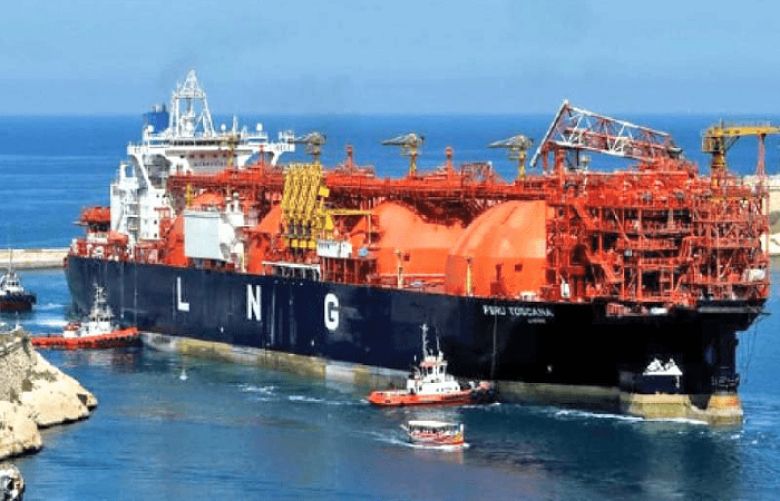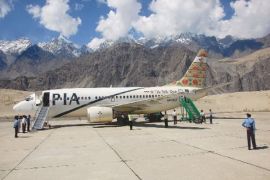Pakistan Gasport is looking to buy a spot liquefied natural gas (LNG) cargo for November delivery, its chairman Iqbal Ahmed told Reuters on Thursday, which would be the country’s first spot LNG deal since June 2022.
The country, facing a severe economic and foreign exchange crisis, has struggled to purchase the super-chilled fuel following a surge in prices after Russia’s invasion of Ukraine last year.
LNG is crucial for Pakistan, where natural gas accounts for over a third of power generation and local gas reserves are insufficient to address growing electricity demand in a country of over 230 million, leading to frequent power cuts.
Pakistan Gasport is evaluating interest for a cargo from sellers in Oman, the United States and the United Arab Emirates, Ahmed said.
“We’ve got different countries which have offered us different options. We are extremely encouraged by what we’ve heard today,” Ahmed told Reuters.
Pakistan Gasport owns the country’s largest LNG import and regasification terminal at Port Qasim, but LNG imports have historically been facilitated by Pakistan LNG, a state-run firm that last bought a spot cargo in June 2022 from PetroChina.
A cargo would be the first shipped in by a private sector company in Pakistan, said Ahmed, who expects LNG prices to fall in coming years, making spot purchases more attractive.
Ahmed said 12 per cent to the Brent slope was the “price to beat” for a cargo to Pakistan. That works out to nearly $11 per mmbtu, a discount of a sixth to current average Asian LNG prices of $13.
“If the government or anybody else can bring LNG at a price of 12pc of Brent or lower, there is a market. The minute you cross that barrier, there is resentment,” he said.
Ahmed said he expects Pakistan’s LNG demand to grow to 30m metric tons in five years, from about 10-12m tonnes now.
Importers of all commodities to the country have faced increased financing costs and higher processing times due to the ongoing economic and foreign exchange crisis.
LNG traders have said sellers to Pakistan could demand a premium because of the country’s low credit rating.
Pakistan Gasport plans to avert such challenges by not seeking a letter of credit from banks, financing the deal with internal funds, Ahmed said.
“I plan to use a currency other than the dollar to facilitate the payment and also use a semi-barter system to settle,” he said.







